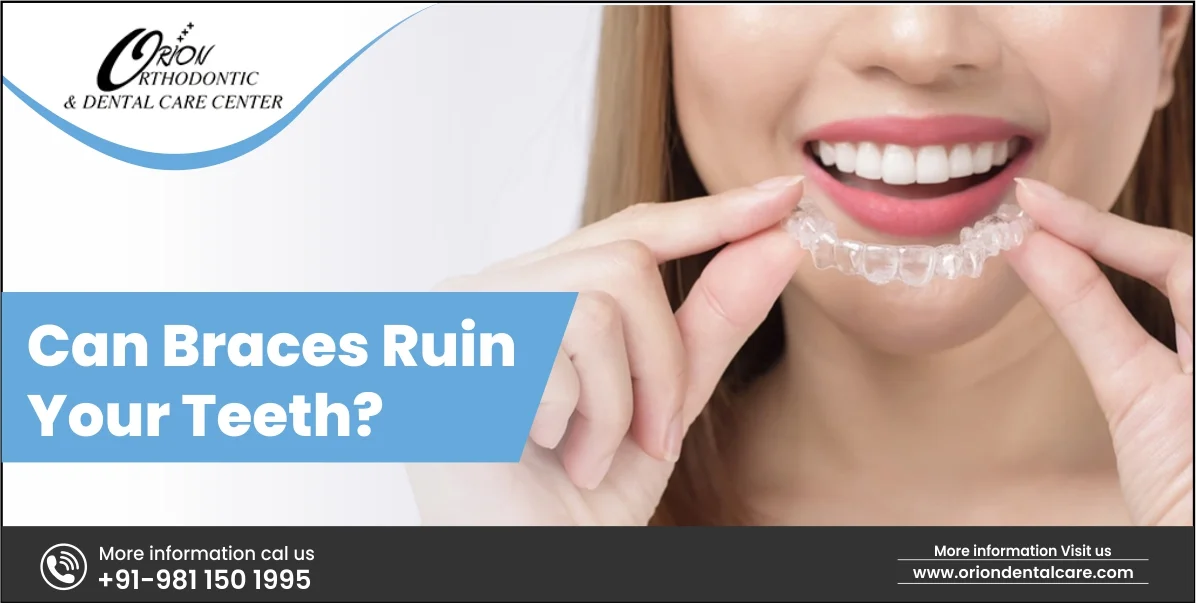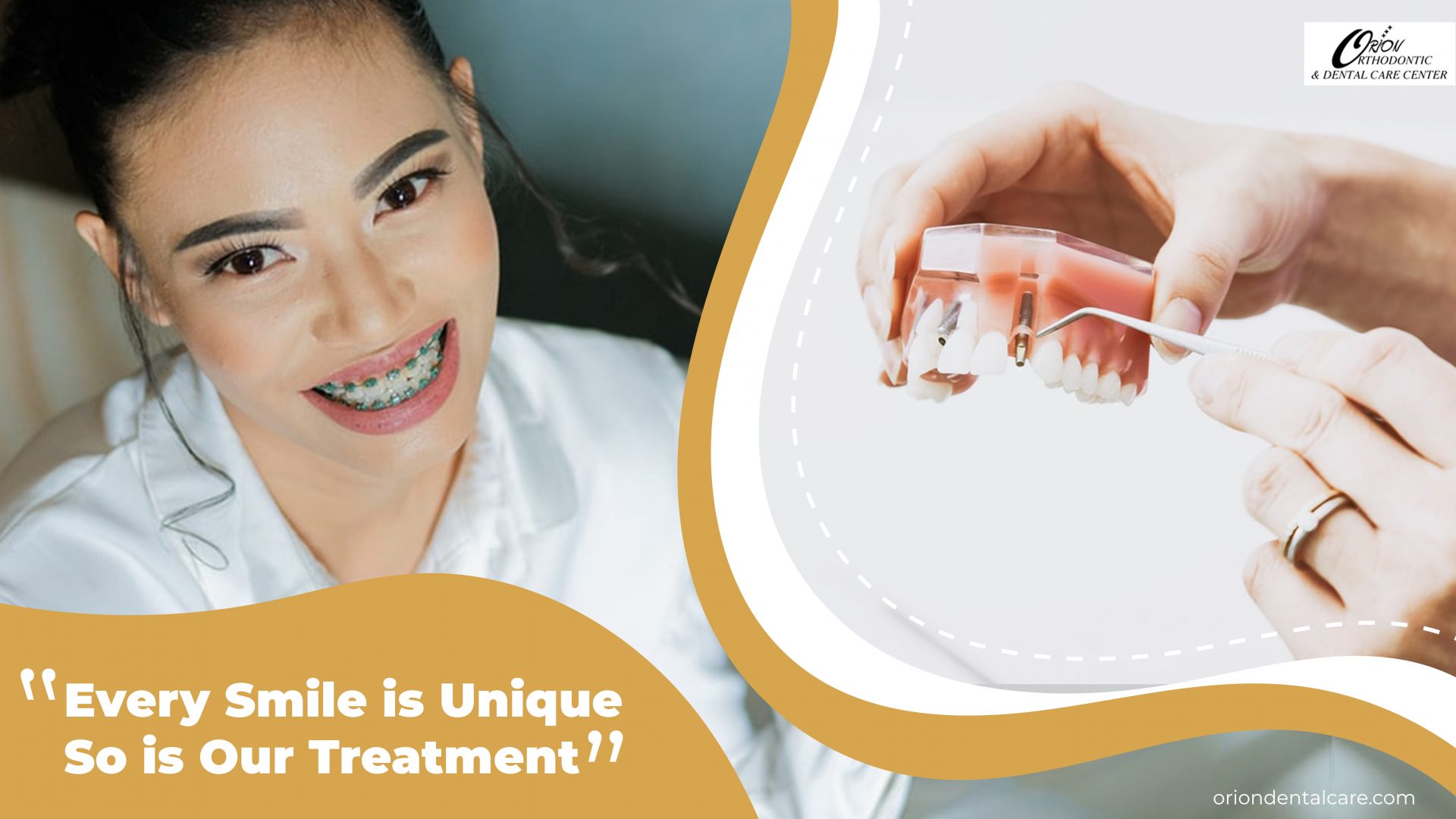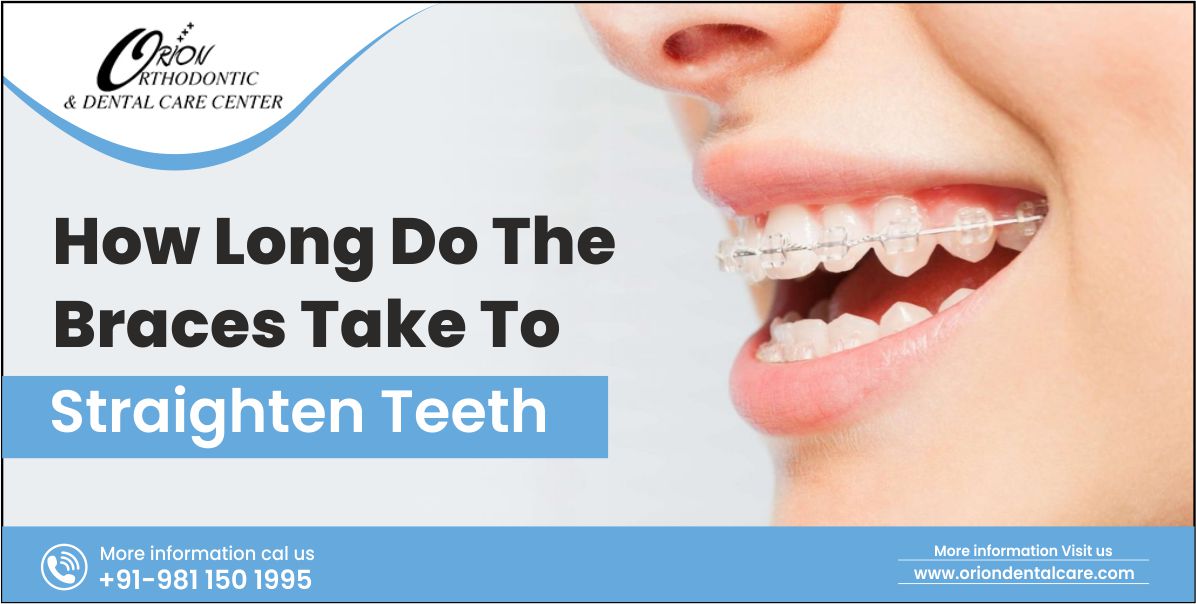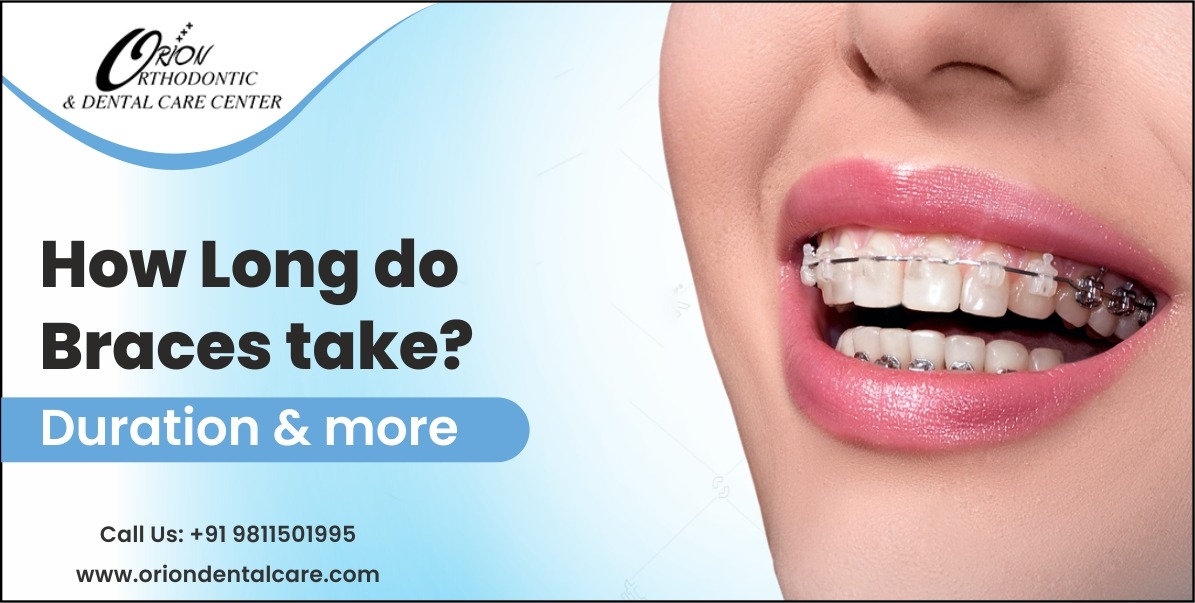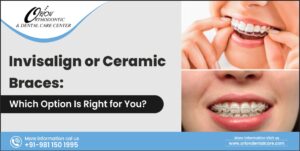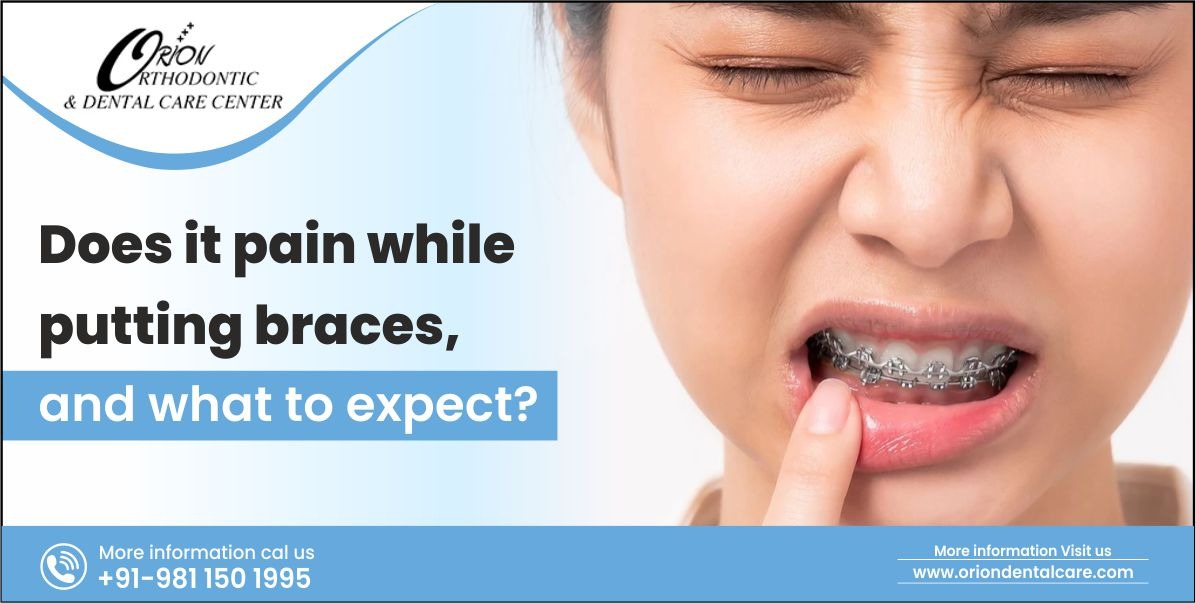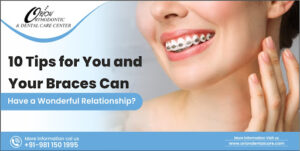Overview
Braces are a common orthodontic treatment used to correct misaligned teeth and improve your smile. Although they are effective in achieving their primary goals, some people worry that braces will harm their teeth. In this blog, we explore the question, “Can braces ruin your teeth?” and furnish a sense of the possible risks and how to reduce them.
The Purpose of Braces
Before delving into the potential risks of orthodontics, it’s important to understand their primary purpose. Orthodontic appliances are used to gradually move misaligned teeth into their correct positions. We can correct problems such as overcrowding, gaps between teeth, crooked teeth, and bite problems. This process, called orthodontic treatment, typically involves wearing braces for an extended period, often one to three years.
Potential Risks Associated with Braces
- Tooth Decay:
One concern many people have is that braces can lead to tooth decay. The brackets and wires of orthodontic appliances create spaces for food particles and plaque to accumulate, increasing the risk of tooth decay.
Individuals with braces must maintain excellent oral hygiene, including regular brushing, flossing, and dental check-ups.
- Enamel Erosion:
Another potential problem is erosion of tooth enamel. This can occur due to improper oral care during orthodontic treatment. When plaque and debris build up around braces, acids produced by bacteria can attack tooth enamel and cause permanent damage. Using toothpaste and mouthwash with fluoride can help protect your tooth enamel
- Gum Problems:
Inflammation of the gums is a common side effect of braces. If not treated properly, it can lead to more serious periodontal disease, such as gingivitis. Good oral hygiene, regular adjustments by your orthodontist, and orthodontic wax can help relieve discomfort.
- Root Resorption:
In rare cases, orthodontic appliances can cause root resorption, a condition in which tooth roots shorten over time. This usually occurs when excessive force is applied during orthodontic treatment. To reduce this risk, the orthodontist carefully monitors the force applied during adjustments to prevent overuse.
- White Spots on Teeth:
Some people develop white spots on their teeth during or after orthodontic treatment. These spots, called demineralization, are caused by plaque buildup around the brackets. Maintaining good oral hygiene helps in preventing such problems.
Mitigating Risks
To confirm that braces do not ruin your teeth, it’s essential to follow these best practices:
- Maintain Excellent Oral Hygiene:
Regularly brush, floss, and rinse with fluoride mouthwash to prevent tooth decay and enamel erosion.
- Attend Regular Dental Check-ups:
Visit the dentist for cleanings and check-ups to catch any issues early.
- Follow Orthodontist’s Instructions:
Adhere to your orthodontist’s advice on braces care and adjustments.
- Watch Your Diet:
Avoid hard, sticky, and sugary foods that can damage your braces and teeth.
- Use Orthodontic Wax:
Apply orthodontic wax to reduce irritation and sore spots caused by braces.
Takeaway
Braces are an effective solution for correcting misaligned teeth and improving your smile. While there are potential risks associated with orthodontic treatment, most of them can be mitigated through proper care, hygiene, and following the recommendations of best orthodontists. In general, braces would not ruin your teeth if you maintain a diligent and proactive approach to oral health during your treatment.
If you have concerns, consult an orthodontist at Orion Dental Clinic who can address any specific issues and guide you toward a successful outcome.

